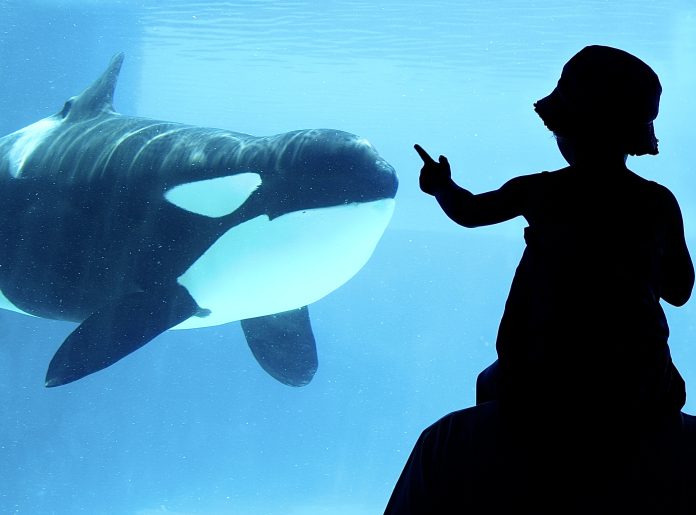
The “Blackfish” Legacy; Hopeful News As Captive Marine Mammal Industry Continues To Decline
You can help all animals and our planet by choosing compassion on your plate and in your glass. #GoVeg

You can help all animals and our planet by choosing compassion on your plate and in your glass. #GoVeg